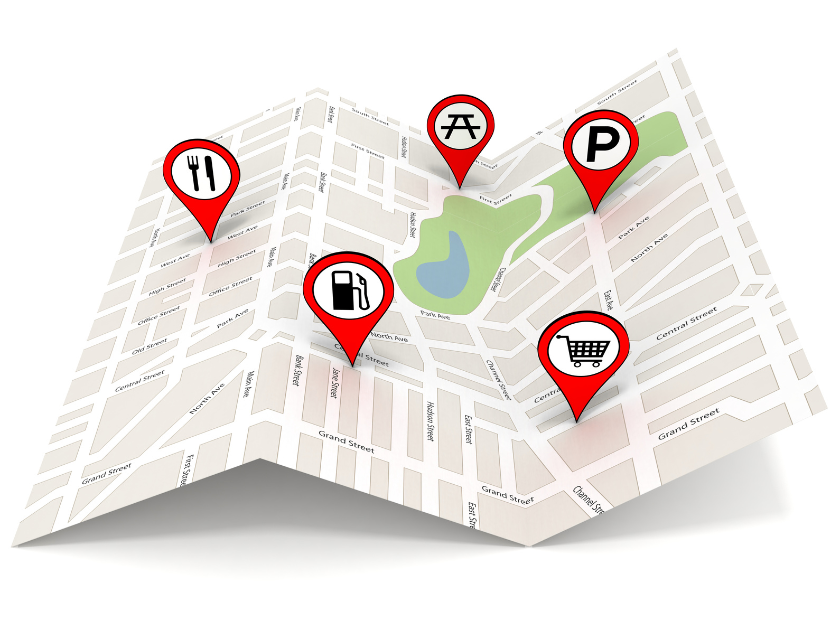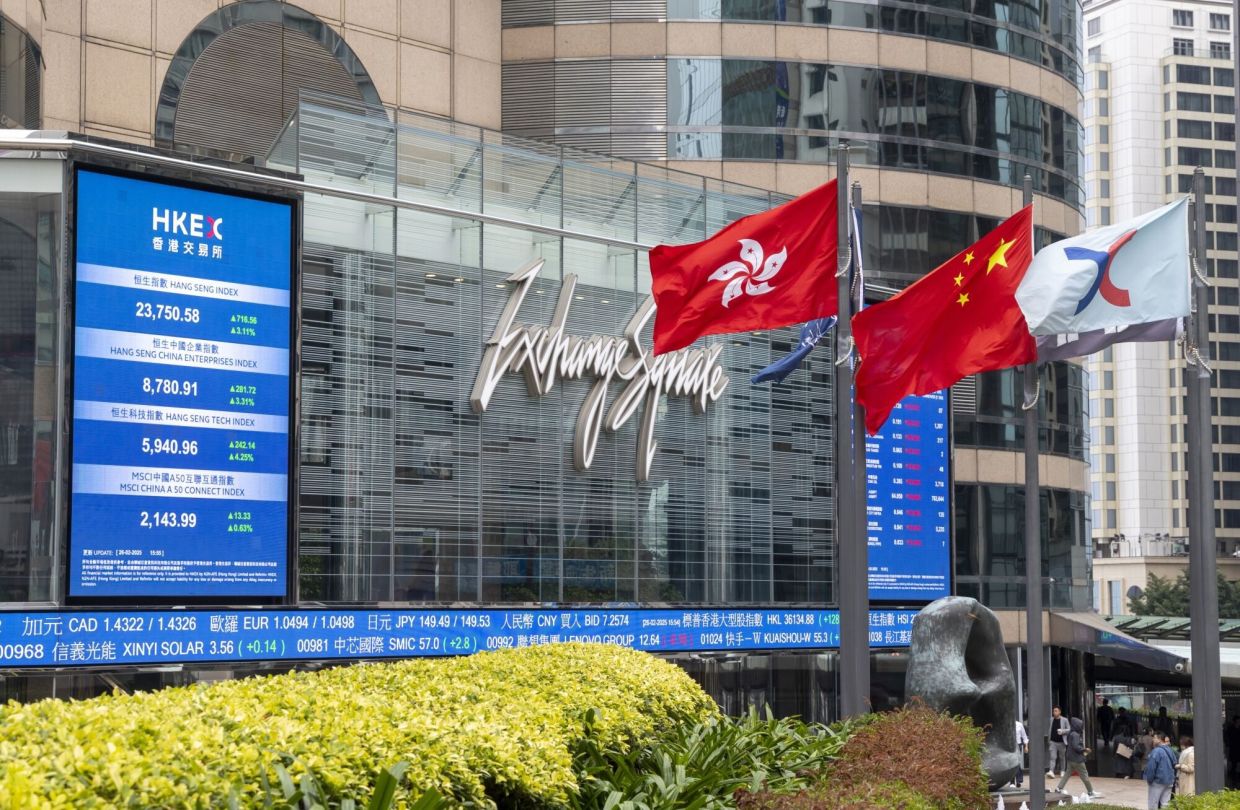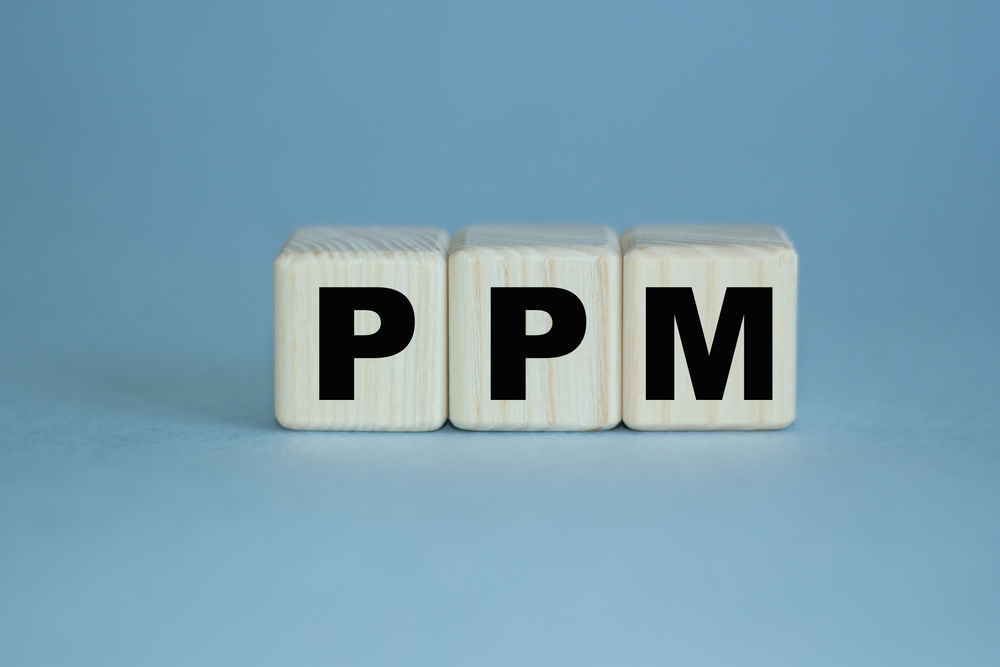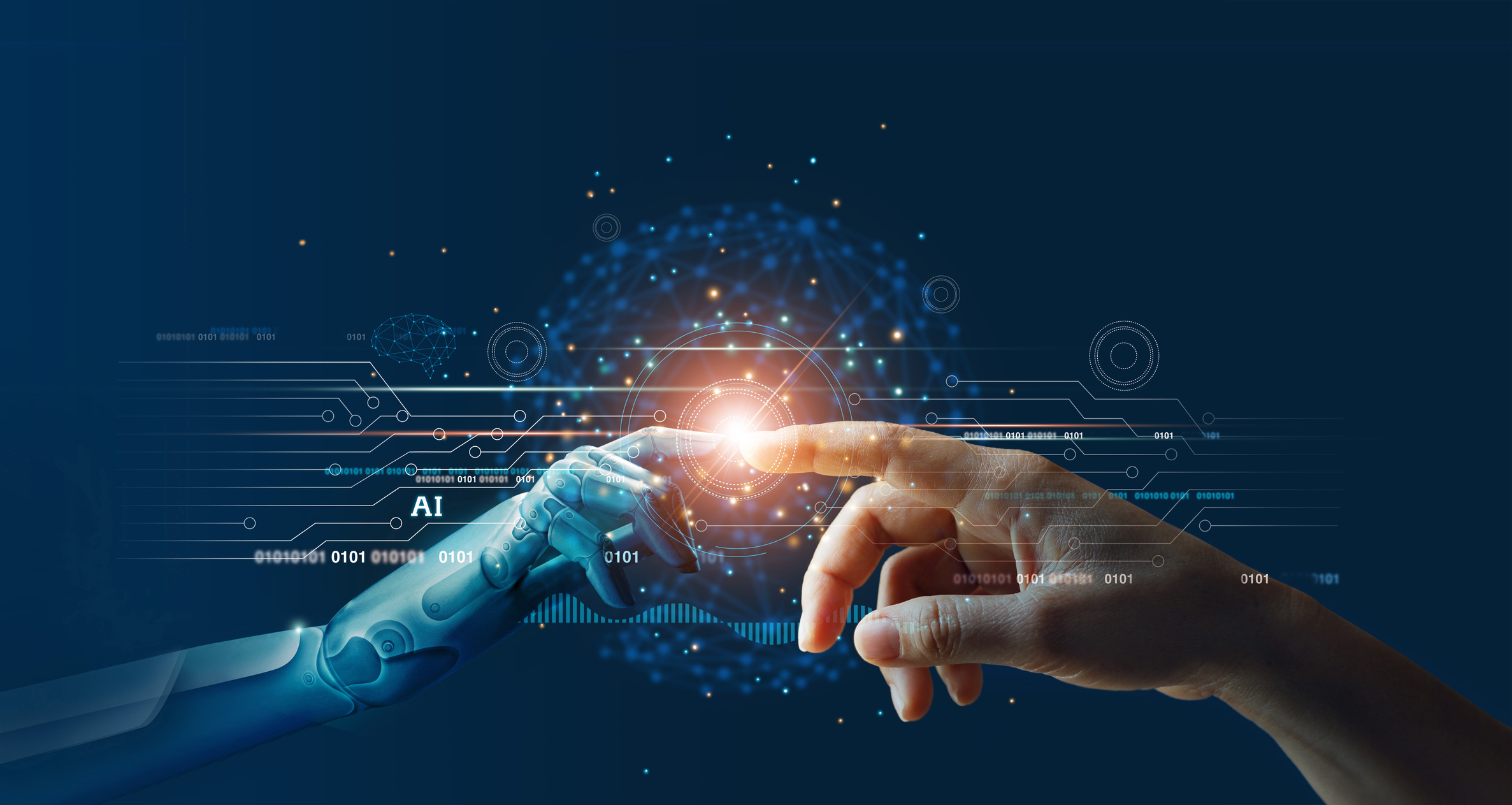As globalization continues to reshape how we communicate across languages and cultures, the translation industry is undergoing a profound transformation, driven largely by artificial intelligence (AI). From automating routine tasks to enhancing the handling of complex texts, AI technologies are redefining the skill set required of modern translators. With the global language services market projected to reach $60.5 billion by 2025, according to Common Sense Advisory, the demand for professionals who are adept in both linguistic expertise and AI tools has never been higher. To meet this need, leading translation institutes worldwide have integrated AI into their curricula, equipping students with the tools to thrive in a technology-driven future. This article explores the AI course offerings at three premier institutions—Middlebury Institute of International Studies at Monterey (MIIS) in the United States, Heriot-Watt University in the United Kingdom, and the University of Geneva in Switzerland—comparing their approaches to preparing translators for the challenges of an AI-augmented industry.
The integration of AI into translation education is not merely a response to technological trends but a strategic effort to prepare students for a future where language and technology are inseparable. Each institution brings a distinct academic tradition and regional perspective to its translation programs, reflecting its unique role in global education. MIIS, based in California, is renowned for its intensive language programs and practical, hands-on approach, designed to produce professionals capable of navigating the complexities of global communication. Heriot-Watt University, located in Edinburgh, Scotland, emphasizes innovation and strong industry connections, blending theoretical knowledge with practical skills to ensure graduates are job-ready. The University of Geneva, situated in a multilingual hub, boasts a storied history as one of the most prestigious centers for translation and interpreting studies, seamlessly integrating linguistic expertise with technical proficiency. By weaving AI into their curricula, these institutes not only hone students’ language skills but also empower them to excel in a rapidly evolving field.
At MIIS, students encounter AI through courses embedded within its master’s programs in Translation, Translation and Interpretation, and Conference Interpretation. The courses “Translation Technology” and “Advanced Translation Technology” stand out as cornerstones of this approach. These classes introduce students to cutting-edge tools like Trados Studio and machine translation systems, which are essential for modern translation and editing roles. The “Advanced Translation Technology” course, in particular, delves into automation techniques, linguistic skills for translation automation, and the role of AI in streamlining workflows. Through hands-on projects, such as translating texts exceeding 5,000 words using AI tools, students gain practical experience that mirrors real-world demands. This project-based learning ensures graduates are not only proficient with current technologies but also adaptable to future innovations, preparing them to tackle emerging trends in the industry. Additionally, MIIS hosts events like “AI and the Future of Translation and Interpretation”, where industry leaders discuss AI’s impact, further reinforcing the institute’s commitment to staying at the forefront of technological advancements.
Heriot-Watt University takes a similarly forward-thinking approach, integrating AI into its MSc in Translating and MSc in Interpreting and Translating programs through a core course called “Translation Technology.” This mandatory course equips students with skills in computer-assisted translation (CAT) tools, machine translation, and other AI-driven technologies, enabling them to enhance efficiency, maintain textual consistency, and handle large volumes of content with precision. For instance, students might use AI tools to translate complex legal or technical documents, learning to balance quality with speed. Heriot-Watt’s strong industry ties further enrich this training, offering opportunities like multilingual debates or internships that reinforce AI application in professional settings. This focus on practical, industry-relevant skills underscores the university’s commitment to producing translators at the forefront of technological innovation. By connecting academic training with real-world applications, Heriot-Watt ensures its graduates are well-prepared to meet the demands of a technology-driven market.
The University of Geneva approaches AI integration through its Master’s in Communication and Translation Technology (MATECH) program, tailored for students with backgrounds in translation, communication, linguistics, or computer science, with a strong emphasis on multilingual language processing. The MATECH curriculum incorporates IT development, programming, and digital skills, fostering a deep understanding of how translation technologies function. For students pursuing the 120-credit version, the program offers an in-depth exploration of AI and machine learning applications in translation. Additionally, the university’s continuing education offerings include courses on machine-assisted translation, allowing students to further refine their ability to leverage AI tools. This technically oriented approach distinguishes Geneva, particularly in its focus on multilingual processing and digital proficiency, enabling students to not only use AI tools but also understand their underlying mechanics, which enhances their competitiveness in the job market. The program’s emphasis on technical foundations makes it particularly appealing for students aiming to work in technology-driven translation environments.
The integration of AI into translation curricula yields significant benefits for both students and the industry. AI tools dramatically improve efficiency and accuracy, enabling translators to process larger volumes of text in less time—a critical advantage in fast-paced sectors like news, finance, and emergency services. For example, AI can generate initial drafts of press releases, which translators then refine, significantly reducing turnaround times. Moreover, familiarity with AI empowers translators to collaborate effectively with these systems, ensuring high-quality outputs that meet professional standards. Skilled translators can also contribute to the development of AI technologies, such as refining machine translation algorithms to better suit specific languages or cultural contexts. As AI becomes increasingly integral to translation, professionals with dual expertise in language and technology are highly sought after, opening doors to careers in tech companies, international organizations, government agencies, and freelance markets. For instance, graduates might work at organizations like Google or the United Nations, developing or utilizing AI-driven translation tools.
The inclusion of AI in translation education also reflects a broader shift toward interdisciplinary learning in higher education. By blending linguistics with computer science and technology, these programs cultivate versatile professionals capable of navigating the complexities of a digital world. Graduates from these institutes are well-positioned to work in diverse settings, from tech giants to global bodies, where their dual expertise is in high demand. This interdisciplinary approach not only enhances employability but also injects fresh vitality into the translation industry, fostering innovation and adaptability. The ability to combine linguistic precision with technical proficiency ensures that graduates can address the evolving needs of a globalized world.
Looking ahead, as AI technologies continue to advance, translation education will increasingly lean toward interdisciplinary models that combine linguistic and technical expertise. MIIS, Heriot-Watt, and the University of Geneva are at the forefront of this transformation, equipping students with the tools and knowledge to excel in a technology-driven landscape. Their AI-focused curricula not only enable mastery of current translation technologies but also prepare students for future challenges. As the translation industry becomes ever more reliant on AI, these leading programs will play a pivotal role in shaping the next generation of translators, ensuring they are proficient in both language and technology.
Artlangs Translation combines AI innovation with linguistic expertise to deliver translations that are both accurate and globally relevant. Connect with our expert team to learn more!











